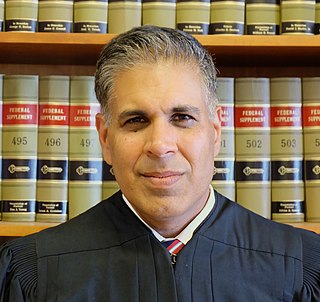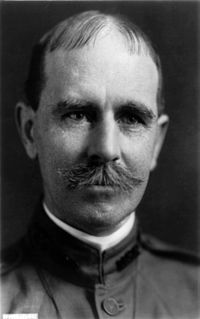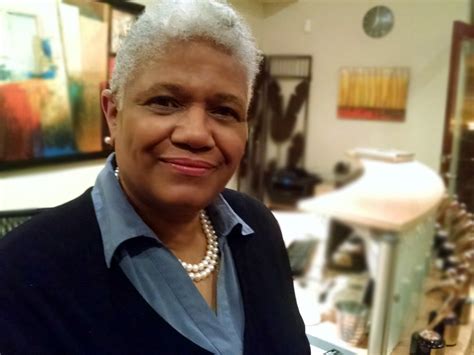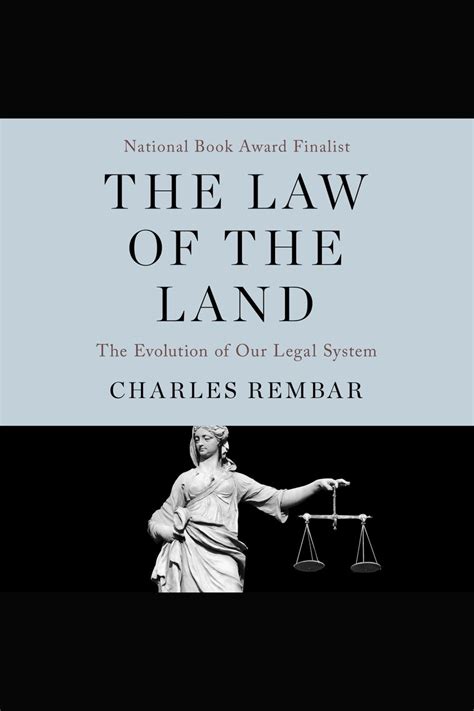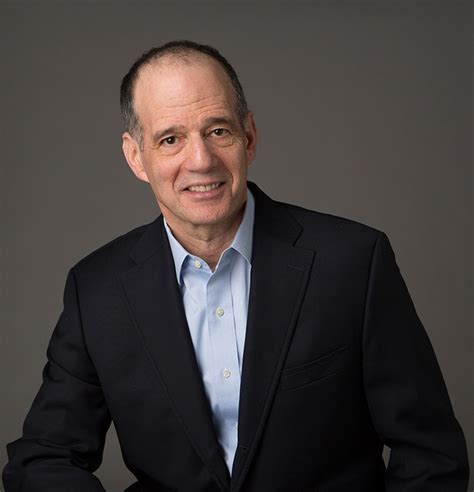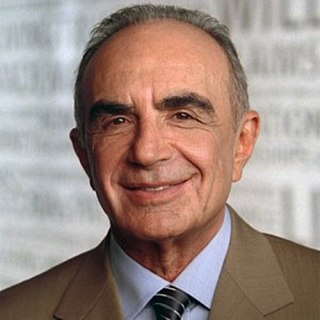A Quote by George T. Conway III
In civil or criminal litigation in a jury case, the only way for a defendant to avoid a trial is for a judge to rule that there was no evidence from which the jury could find for the other side.
Related Quotes
I believed there was enough evidence to go to trial. Grand jury said there wasn't. Okay, fine. Do I have a right to disagree with the grand jury? Many Americans believe O.J. Simpson was guilty. A jury said he wasn't. So I have as much right to question a jury as they do. Does it make somebody a racist? No! They just disagreed with the jury. So did I.
Jurors have found, again and again, and at critical moments, according to what is their sense of the rational and just. If their sense of justice has gone one way, and the case another, they have found "against the evidence," ... the English common law rests upon a bargain between the Law and the people: The jury box is where the people come into the court: The judge watches them and the people watch back. A jury is the place where the bargain is struck. The jury attends in judgment, not only upon the accused, but also upon the justice and the humanity of the Law.
If the federal constitution is to be construed so far in connection with the state constitutions, as to leave the trial by jury in civil causes, for instance, secured; on the same principles it would have left the trial by jury in criminal causes, the benefits of the writ of habeas corpus, etc. secured; they all stand on the same footing; they are the common rights of Americans, and have been recognized by the state constitutions.
The average juror is not Mr. Spock. If he were, then a trial-court judge's job would be much easier. He could instruct the jury in broad strokes - instructing only as to the bare elements of the crime, perhaps - and be confident that the jury would deduce all of the finer-grained implications that must logically follow.
Law and justice are from time to time inevitably in conflict ... . The jury ... adjusts the general rule of law to the justice to the particular case. Thus the odium of inflexible rules of law is avoided, and popular satisfaction is preserved ... That is what jury trial does. It supplies that flexibility of legal rules which is essential to justice and popular contentment.
Three features mark the Anglo-American system as different from all others. One is the extent to which our law is formed in litigation. Another feature is the way we conduct these cases: we pit antagonists against each other, to cast up from their struggles the material of decisions. A third- and largest in the public consciousness- is the trial by jury.
I'm no idealist to believe firmly in the integrity of our courts and in the jury system -- that is no ideal to me, it is a living, working reality. Gentlemen, a court is no better than each man of you sitting before me on this jury. A court is only as sound as its jury, and a jury is only as sound as the men who make it up.
But you begin to feel as you go on working that unless painting proves its right to exist by being critical and self-judging, it has no reason to exist at all - or is not even possible. The canvas is a court where the artist is prosecutor, defendant, jury and judge. Art without a trial disappears at a glance.






